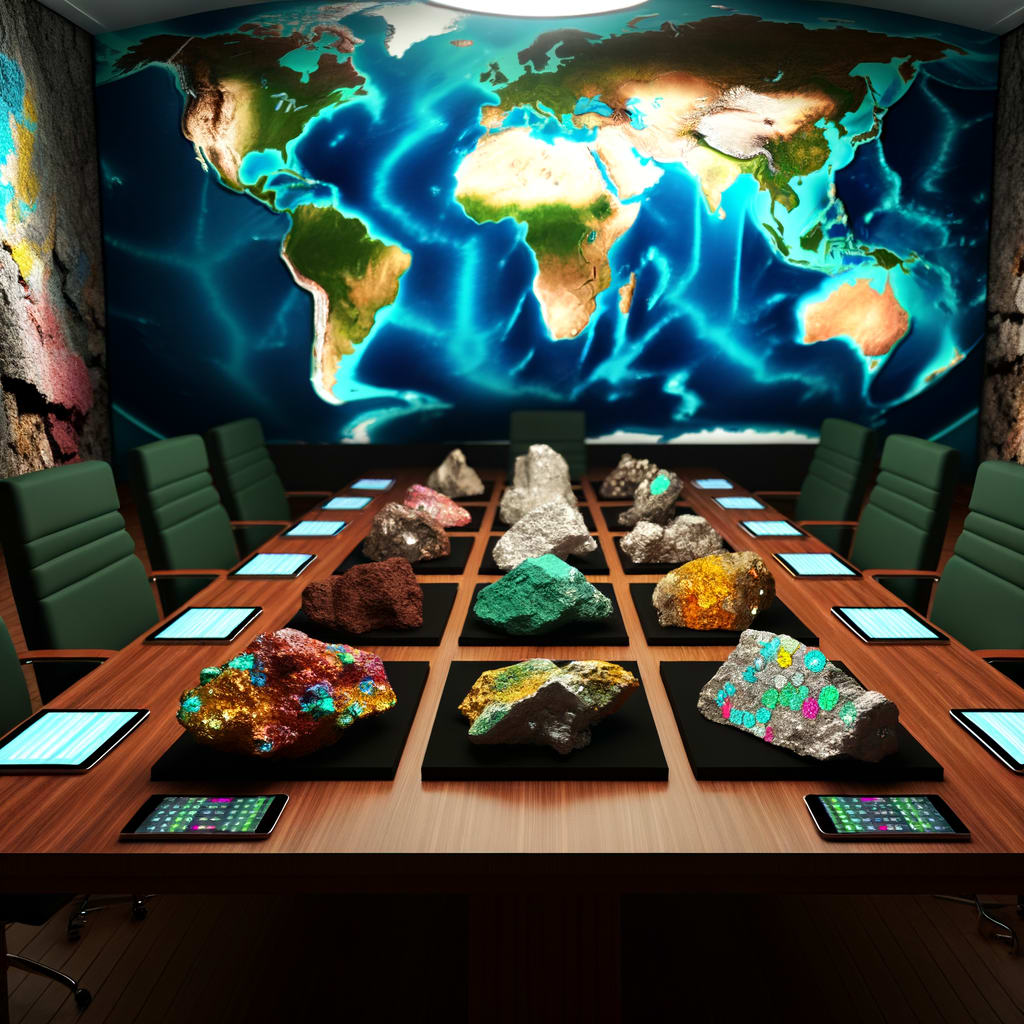China Tightens Grip on Rare Earth Exports: Implications for Global Technology and Defense Industries
In a move that intensifies its control over the global production of rare earth metals, China has announced further export controls on these essential elements. The recent development comes ahead of a meeting between China's President Xi Jinping and his U.S. counterpart Donald Trump later this month, raising concerns about the potential impact on international trade relations and global supply chains.
Background and Context
China is the world's leading producer of rare earth elements, producing over 90% of the world’s processed rare earths and rare earth magnets, according to the Japan Times. These elements are crucial to the production of a wide range of products, from electric vehicles to spacecraft, and are a vital component of cutting-edge technology including chips, smartphones, and fighter jets.
Key Developments
The South China Morning Post reports that the new curbs announced by China's Ministry of Commerce ban the provision of technology and services for mining and processing the minerals without permission. These controls extend to the export of technologies used to process the minerals, essentially closing the door to the sale and use of rare earths and related technologies. Foreign companies and individuals will now have to apply for permission to trade in rare earths and products containing Chinese rare earths.
Implications and Reactions
The move has deepened anxieties in the European Union, which is already worried
by China’s previous restrictions on rare earth minerals. Senior EU figures have expressed concerns that the controls will compound the deterioration in trade relations that have only “worsened” since a leaders’ summit in July.
La Repubblica notes that this system of controls, modeled after the American one for chips, is a powerful bargaining chip ahead of the meeting between Xi and the U.S. president.
In Brazil, Folha de S.Paulo points out that the country may miss out on the benefits of these crucial materials due to the new restrictions.
Current Status and Conclusion
Despite the tightening controls, major chipmaker Intel remains hopeful, with a multibillion-dollar facility in the Arizona desert being the centerpiece of the company’s comeback hopes, according to the New York Times.
However, the global impact of China's restrictions on the export of rare earth metals and related technologies will largely depend on the outcomes of the upcoming meeting between President Xi Jinping and President Donald Trump. This move underscores China's significant role in the global supply chain for these vital components of modern technology, and places the spotlight on the need for international cooperation and negotiation in managing these valuable resources.

